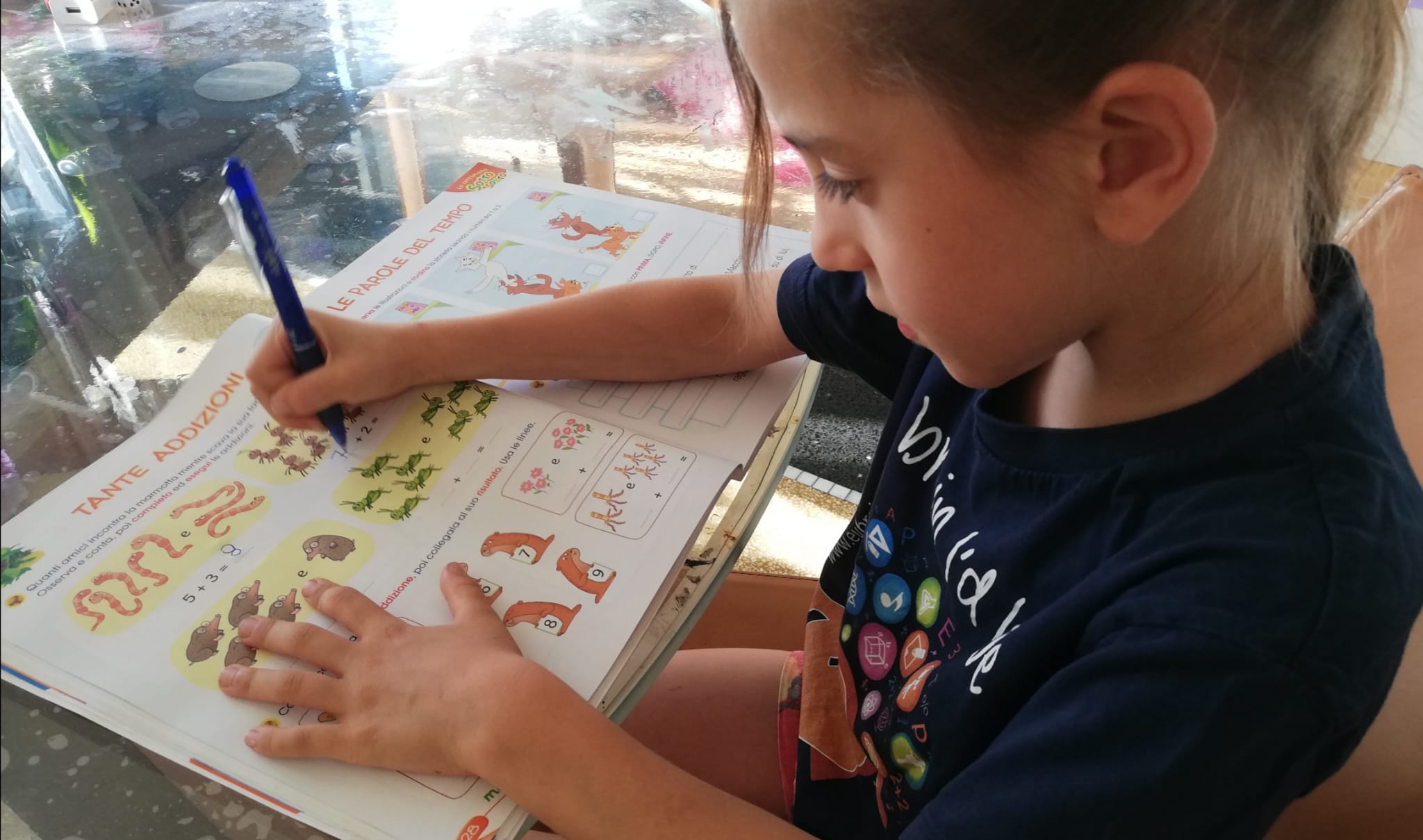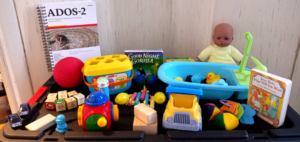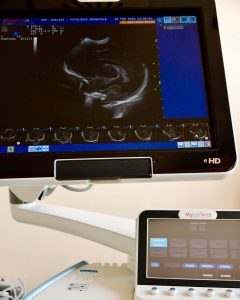Cognitively stimulating parenting has beneficial effects for very preterm children
BEHAVIORAL DEVELOPMENT IN VERY PRETERM CHILDREN
Children who were born very preterm (< 33 weeks) are known to exhibit higher rates of inattention, anxiety, and social difficulties compared to children who were born at full term. These behavioural patterns can cause difficulties in day-to-day life and when severe they could even lead to clinical diagnoses such as attention-deficit hyperactivity disorder (ADHD) or autism-spectrum disorders (ASD).
Alterations in brain development due to shorter time in the mother’s womb could be partly responsible for the behavioral difficulties experienced by very preterm children. However, children’s development is also heavily shaped by environmental factors; particularly by aspect of the immediate surrounding when growing up. The home environment and different parenting styles can have a profound impact on a child’s temperament and well-being.
A recent study by Vanes and colleagues (2021) investigated the extent to which cognitive and psychological outcomes in preschool-aged children born very preterm are influenced by early brain development and the home environment. Specifically, the authors were interested in the impact of cognitively stimulating parenting on the development of these children.
COGNITIVELY STIMULATING PARENTING
Cognitively stimulating parenting describes the extent to which a child is provided with educational and stimulating experiences at home and in the family. This includes the availability of educational toys such as those that teach colours or shapes; fine-motor toys such as LEGO or colouring books; or musical instruments – as well as the extent to which parents engage in their child’s learning, such as teaching them about numbers, shapes, or spatial relations. General exposure to books at home as well as frequency of family excursions or trips (e.g., to a museum) are also part of cognitively stimulating experiences.
In very preterm children aged 4 to 7 years, a relationship was found between cognitively stimulating parenting and behavioural outcomes that are particularly relevant to preterm birth. Preterm children who had experienced higher levels of cognitively stimulating parenting showed lower levels of inattention, fewer social difficulties, and better executive functioning (e.g., mental flexibility or attentional control).
WHAT ABOUT THE BRAIN?
The same study also looked at the structure of the brain in infancy in relation to childhood outcomes. Those infants whose brain volumes were larger in specific regions (such as areas of the frontal cortex) shortly after birth later showed slightly better cognitive abilities in childhood.
NATURE VS NURTURE – OR BOTH?
The study is a good example showing that both nature and nurture play an important role in how children develop following preterm birth. While some aspects of cognitive development in childhood were related to very early anatomical characteristics of the brain, the home environment is also likely to have an important effect on behavioural development; particularly when it comes to characteristics most affected by preterm birth (e.g. inattention and social difficulties).
The findings are encouraging as they suggests that children who were born very preterm and who might therefore be at a higher risk of certain developmental problems may benefit from being provided with a cognitively stimulating home environment in the preschool years. This means that practical steps can be taken by parents to foster the development and well-being of their very preterm children. Crucially, this is true even when effects of socio-economic status are accounted for (e.g., the level of the parents’ education, or the level of deprivation in the neighborhood) – meaning that the beneficial effects are not a simple by-product of growing up in a more privileged surrounding.





